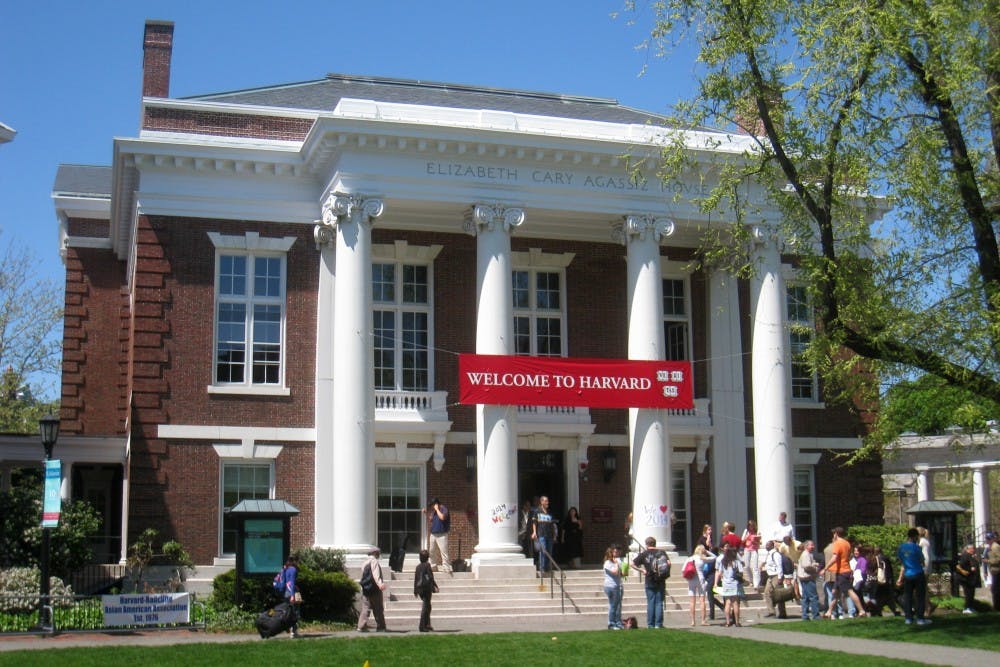
Harvard University, located in Cambridge, Mass., is second only to Penn in dollars spent on political lobbying.
Credit: DaderotIn 2016, Harvard University spent over half a million dollars to lobby the federal government, according to a report in The Harvard Crimson.
Harvard’s Office of Federal Relations, based out of Washington, D.C., works year-round to lobby federal agencies on issues including protecting students with undocumented immigration status, science research funding, Harvard’s tax-exempt status and financial aid, the Crimson reported. This past year, the office spent $550,000, an increase of $10,000 from their spending in 2015.
“Harvard and the federal government have a long standing partnership that involves research funding, student financial aid, tax related issues, and a range of other issues that require us to have an ongoing interaction to be able to inform the policy making around those issues,” Harvard spokesperson Kevin Casey told the Crimson last year.
This year, Harvard President Drew Faust told the Crimson she plans on “ramping up” advocacy efforts in 2017 under President Donald Trump.
On Tuesday President Faust announced during a faculty meeting that she had travelled to Washington, D.C. in January to meet with Senate Majority Leader Mitch McConnell (R-Ky.) and Senate Minority Leader Chuck Schumer (D-N.Y.) — a trip initially planned for April.
Casey told the Crimson that funding for advocacy efforts usually increases during periods of presidential transition.
“I suspect there would be a bit of added intense activity because of the nature of the transition,” he said. “In this instance, there seems to be even more need for engagement.”
The Crimson reported that among Ivy League schools, Harvard ranks second only to Penn in the amount of money dedicated to lobbying in 2016, according to a website operated by the Center for Responsive Politics. While Harvard spent $550,000, Penn spent $580,000, Yale University $500,000 and the rest of the Ivy League schools spent under $310,000 each.
The Daily Pennsylvanian is an independent, student-run newspaper. Please consider making a donation to support the coverage that shapes the University. Your generosity ensures a future of strong journalism at Penn.
Donate




